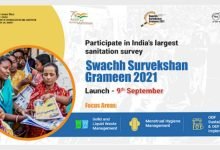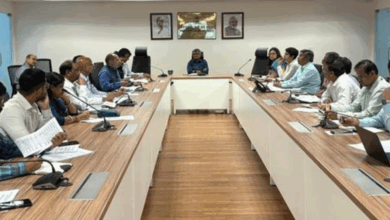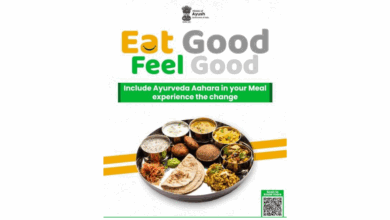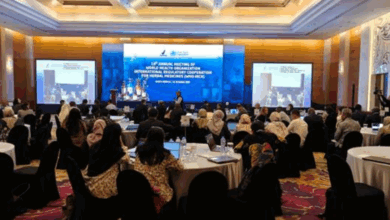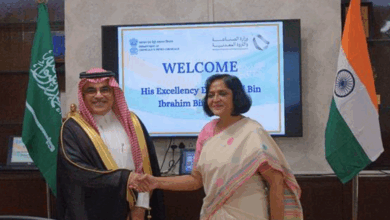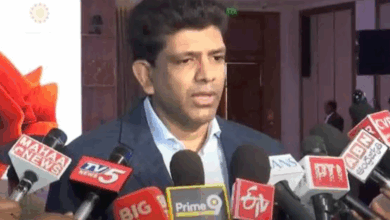MoHUA launches roadmap to make Urban India ‘Garbage Free’
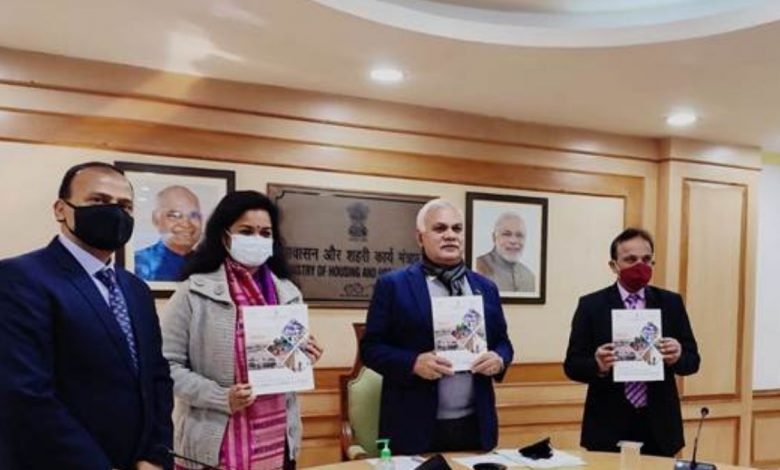
On the eve of “Good Governance Day”, Ministry of Housing and Urban Affairs (MoHUA), Government of India today launched the ‘Azadi@75 Star Rating Protocol of Garbage Free Cities- Toolkit 2022′, the most important governance tool of waste management – the Star Rating Protocol for Garbage Free Cities.
On 1st October 2021, the Hon’ble Prime Minister launched Swachh Bharat Mission-Urban 2.0, with the overall vision of creating “Garbage Free Cities” (GFC), thereby placing India on a new trajectory of growth towards an ecosystem of holistic sanitation and waste management. For achieving this vision, a key objective under SBM-U 2.0 is to make every urban local body at least 3-star Garbage Free as per the Star Rating protocol.
In the recently concluded certification exercise for GFC, nearly 50% of ULBs (i.e., 2,238 cities) participated in the certification exercise, of which a total of 299 cities have been certified – 9 cities rated as 5-star, 143 cities rated as 3-star and 147 cities as 1-star.
Seeing the impact Star Rating certification has made to improve on-ground waste management scenario of the cities to become ‘Garbage Free Cities’, the release of Government of India funds has been made conditional, subject to a ULB achieving at least 1-star certification. Hence, there is a need to ensure that every ULB participates in and get itself GFC certified, to avail of Central funds and to achieve the intended objectives under SBM-U 2.0. To do this, it was felt necessary to revamp the existing GFC protocol and make the assessment process simpler, while retaining its robustness, so that every ULB is motivated to apply for the GFC certification.
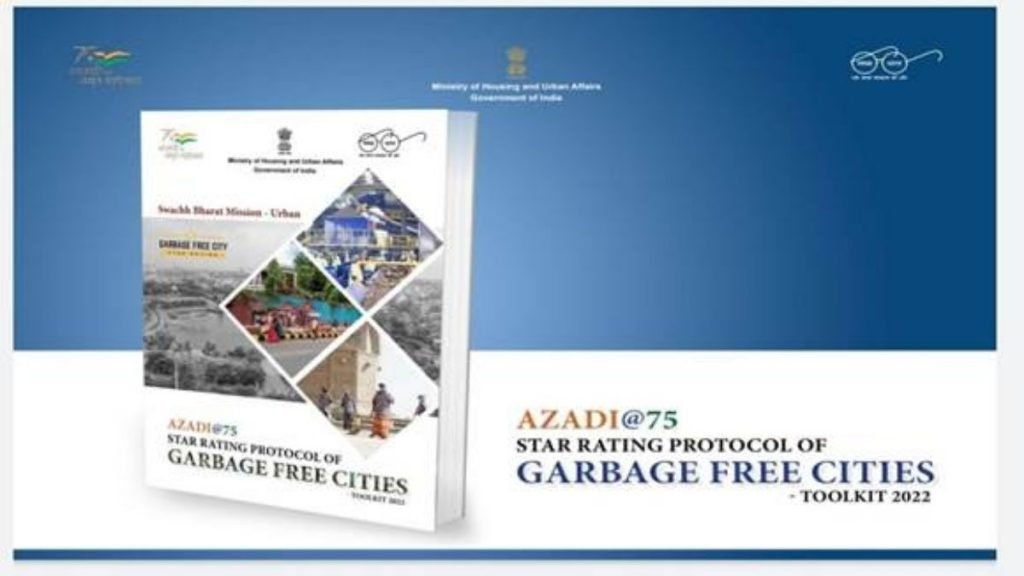
Key revisions in the protocol are:
i. The earlier 25 components/ indicators have now been reduced to 24, of which only 16 indicators are mandatory for 1-star and 3-star levels. The remaining 8 indicators are aspirational in nature, and will be relevant for 5-star and 7-star aspirants;
ii. The multi-step calculation of the previous GFC protocol has now been changed to a single step marking, which will help ULB to easily self-assess themselves for applying;
iii. The revised protocol is aligned with SBM-U 2.0 priorities, with higher weights (50%) allotted to Door-to-Door Collection, Source Segregation, Waste processing & Dumpsite remediation;
iv. The entire process of applying for certification and subsequent assessment has been simplified and made completely digital, paperless; for example, digital declarations, geo-tagged waste-processing facilities, end-to-end digital monitoring of progress;
v. New components pertaining to IEC, capacity building, revenue from the sale of waste by-products have been added to encourage cities to build an ecosystem to strengthen the waste management system.
vi. Continuous assessment throughout the year to help cities plan assessment
Speaking at the event, Shri Durga Shanker Mishra said that the objective of coming out with the toolkit is to make things simple and easy to understand while retaining the stringency of criteria. He called upon all the cities to participate in the rating process, with full preparations. Shri Mishra said that simplification of the toolkit will propel all the cities to attain at least a 3-star rating, and many of them will try to get a higher rating. He said that MoHUA will handhold the cities needing any guidance and training.
The Secretary also called upon the City administrators and public representatives to involve people in large numbers in this mission, and intensify the IEC activities, particularly in the local languages and dialects. He said that achieving the Prime Minister’s vision of making the cities neat and clean will not only increase the land value and investments in the city but will also make the people proud of their habitats. He said that the Indian cities with high ratings will be comparable to the best in the world.
Elaborating on the Star Rating Certification, the Mission Director Ms Roopa Mishra said that there has been upward and forward movement in the process but many ULBs have to do some catch-up, and this toolkit will facilitate the process.
With the vision of making cities ‘Garbage Free’, SBM-U 2.0 is focused on achieving 100% waste processing along with remediation of legacy dumpsites, construction and demolition waste and plastic waste management. The new protocol combined with the continuous assessment throughout the year will further encourage cities to participate and realise the vision of “Garbage Free Cities”
For regular updates, please follow the Swachh Bharat Mission’s official website and social media properties:
Facebook: Swachh Bharat Mission – Urban | Twitter: @SwachhBharatGov |
YouTube: Swachh Bharat Mission-Urban | Instagram:sbm_urban
Disclaimer : This is an official press release by PIB.


